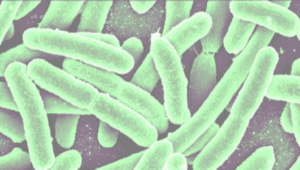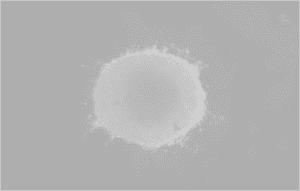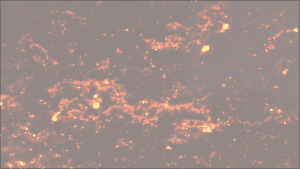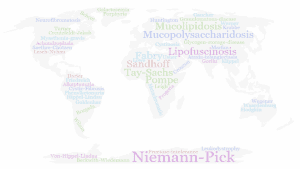What can your microbiota say about you?
Microorganisms are everywhere. They inhabit water and also soil, they are in the air and can be found in the most extreme conditions on Earth. They also form part of our bodies. Last estimates have revealed that the human body carries approximately the same order of magnitude of human and microbial cells (both in the order of 1013). These human-associated microorganisms are referred as the human microbiota and are strongly connected to our body processes. The human microbiota resides in the internal and external surfaces of our body such as the skin, lungs, genital tract, oral cavity etc.; but the vast majority lives in our gastrointestinal tract.
Our gut microbiota plays a key role in our ability to fight Clostridium difficile, a gastrointestinal pathogen that often causes recurrent infections that do not respond to antibiotics, which are part of the usual treatment for this disease. An alternative treatment is faecal microbiota transplantation which consists in the administration of a solution of faecal matter from a healthy donor into the intestinal tract of the patient to change the microbiota composition of the recipient. Although the treatment is highly effective, it does not sound very appealing to get other people’s “poo”, so couldn’t we get the microorganisms from somewhere else? Like, let’s say, the skin? The answer is no. This is because microbial communities in our bodies have different compositions in different body parts. Microbial communities also vary between different individuals. People carry their own microbial cloud and spread microorganism into the environment. In a way, our microbiota is like a personal signature. Indeed, the microbial communities in our cell phones are more similar to the skin microbiota in our hands than they are to somebody else’s hands. Perhaps this is not surprising considering how regularly people touch their phones (150 times per day on average) but it is still thrilling to think that we have such a connection with our phones that we even share our microbiota with them!
Thankfully, mobile phones do not get all our attention, and we keep some time to share our time (and microbiota) with our partners, families and pets. Household members share a more similar microbiota when compared to members of other households, and this includes couples, kids and even the dogs! During an intimate kiss of 10 seconds, 80 million bacteria are transferred! With this number is not surprising that partners share a more similar oral microbiota than unrelated individuals and that the similarity is higher in couples that kiss more often. Who thought microbiology could be this romantic, right?
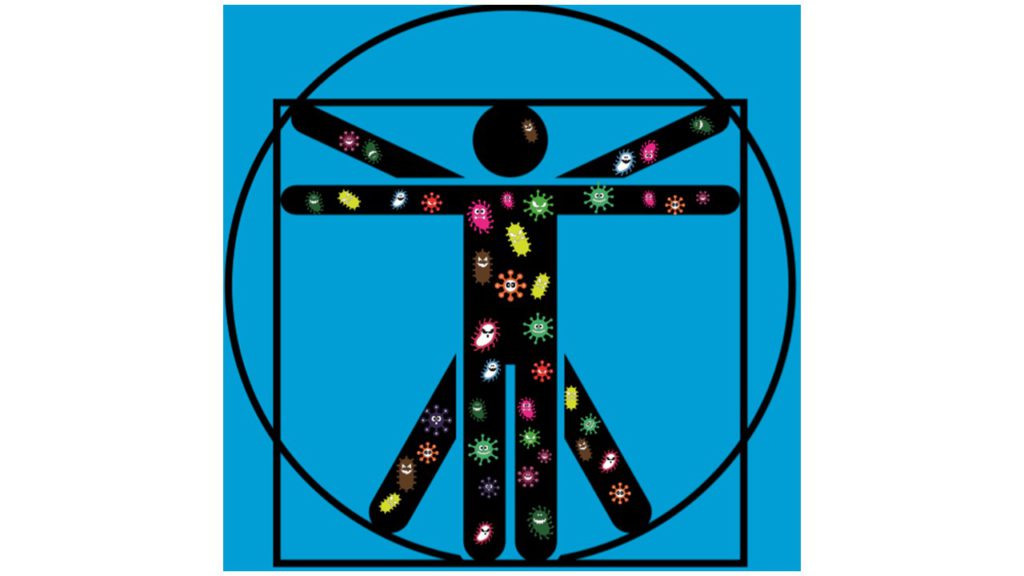
Microbiota. Image designed by Venessa Scott and Dr Chloe James (University of Salford).
Studying the microbial communities associated with our bodies can also give insights into evolutionary biology. One of the most impressive results on this field is the observation that Neanderthals, our closest known extinct hominid relatives, were swapping spit with our ancestors suggesting intimate relationships such as kissing and food sharing. This adds to genomic evidence showing that our ancestors occasionally interbred with Neanderthals, and suggests a friendly or even romantic relationship! Maybe it was interesting for our ancestors to exchange experiences with other hominids! Our microbiota is part of who we are and looking into human-associated microorganisms can give us important clues not only about health and disease but also about our history, our culture and our personal relationships. Humans have always wanted to understand who we are and what makes us different. The attempt to understand our individuality and our susceptibility to disease was indeed at the core of the Human Genome Project (over a decade ago now). This project did not deliver as many answers as expected but it was a starting point. Perhaps one of the things that were missing was the other half of cells in our body, the microbial cells. Scientists are now trying to understand more about us through the study of our microbiota. The Human Microbiome Project, which has the mission of characterising the collection of all microorganisms living in association with the human body and their implications in health and disease, is along with other initiatives, a next step in the direction of unravelling the mystery of who we are.
By Paz Aranega Bou, PhD student, School of Environment and Life Sciences, University of Salford. SRUK Manchester Constituency.
More info:

